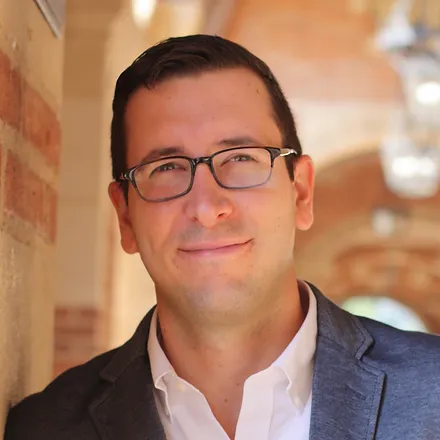Title: “Boosting Your Enemies to Garner the Sympathy of Friends: Evidence from Communications by Pro-Fracking Industry Groups in the Marcellus Shale”
Description:
Scholarship has recognized that contention shapes impression management efforts by business actors but has largely ignored how geographic factors affect industry-level responses and how industry groups may seek advantage based on protests they face. This is consequential: against intuition, industry groups may respond more robustly to distant challenges than to ones proximate to their infrastructure, hoping to use this to their benefit. They do this because distant challenges can be framed as coming from “outsiders” making not-in-your-backyard claims, against claimed support in proximate communities. Using structural topic models, we examine daily communications by two major industry groups supporting hydraulic fracturing (“fracking”) in the Marcellus Shale (Pennsylvania, New York, Ohio, West Virginia) between 2009 and 2019: one more transgressive, one more conventional. We examine how their communications shifted after antifracking contention (protests and bans). We find that they respond only to non-proximate contention: the transgressive group boosts distant opponents intending to provoke their supporters, while the conventional group highlights economic benefits. Further, reflecting political partisanship, both associations respond only to non-proximate contention emerging from politically liberal areas, ignoring similar contention in conservative areas. We discuss implications for theories of social movements, organizations, and environmental sociology.


Occurrences
-
Wednesday, March 20, 2024, noon–1:00 p.m.